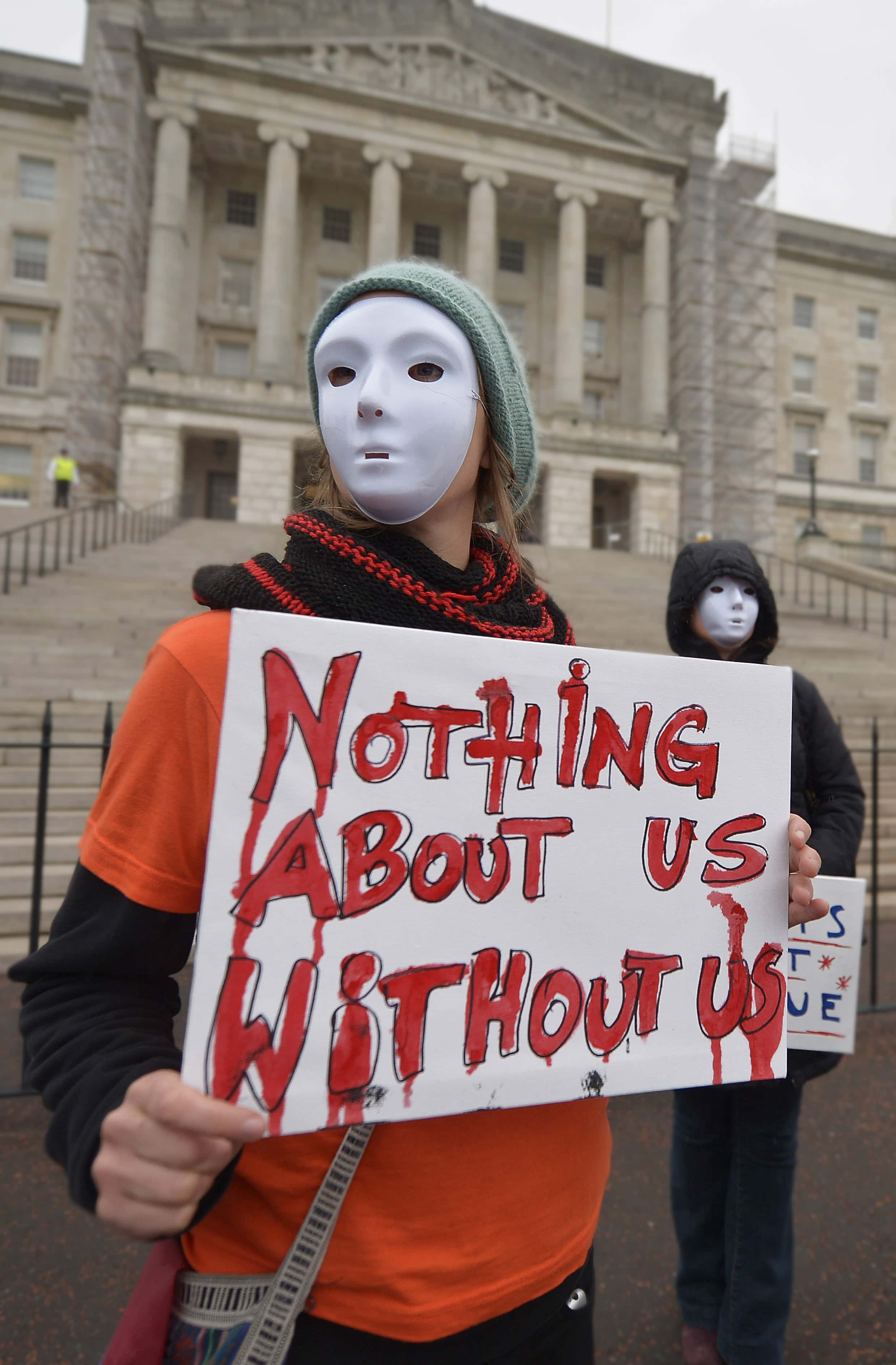Sex & Modern Slavery: Did the FOSTA-SESTA acts reduce human trafficking? Here's why we can't see results

Sex & Modern Slavery is a campaign focused on the issues of human trafficking within the sex industry in the US. Over the next few days, this column will feature stories on the aspects of the illicit business and the role of the society in mitigating the issue.
Human trafficking is one of the biggest issues in our society and was brought to media attention over the past year due to the arrest and subsequent death of disgraced financier Jeffrey Epstein. Law enforcement agencies have for a long time tried to solve this issue, but with technology advancement, the illicit business moved online. Through the use of the dark web, human trafficking -- especially child trafficking for sex -- flourished online. In the United States, the federal government tried to tackle this with the SESTA/FOSTA Acts which was signed into law by President Donald Trump in April 2018. However, two years on, have the laws helped stem online trafficking, or has it curbed the right to free speech on online platforms?
What is SESTA/FOSTA?
In February and March of 2018, the US Senate and US House, respectively, passed Stop Enabling Sex Traffickers (SESTA) and Fight Online Sex Trafficking (FOSTA) Acts. President Trump signed these bills into law the following month. The law hereafter referred to as SESTA/FOSTA, intended to curb online sex trafficking, but has been criticized for its fallbacks. Under SESTA/FOSTA, section 230 of the Communications Decency Act of 1996, which protects freedom of speech on the internet, is at risk. The act amends section 230, suspending its protection where online platforms are seen to be promoting prostitution. Online services can now be held liable for sexual service advertisements posted on their sites. The amendment also allows state law-enforcement officers to prosecute these cases. Online platforms must censor user-generated content or risk civil repercussions, resulting in limited freedom of speech and expression on the web.
The impact of SESTA/FOSTA

Has the SESTA/FOSTA law actually helped curb online trafficking? Unfortunately, not quite. A study conducted by The Samaritan Women and published by The Institute for Shelter Care published a few months after the acts were signed into law, reviewed the conditions faced by trafficking victims and sex workers before and after the implementation of the law. Based on comprehensive interviews with shelters and service providers, the study revealed an increase in trafficking case referrals since the passage of SESTA. Shelters also reported increased risks faced by their clients, including street-based violence, assault, and exploitation. Another report published in February 2019 by CBS showed that sex trafficking in San Francisco actually went up by170 percent following the passage of the law as sex workers were forced back into street-based work, increasingly vulnerable to exploitation and violence. Pike Long, deputy director of St. James Infirmary, a peer-based clinic for sex-workers, estimated that the number of street-based workers had tripled after SESTA/FOSTA.
Higher levels of reported trafficking do not necessarily mean successful prosecutions. The report by The Samaritan Woman stated that an investigator reported that “the shutting down of Backpage was like turning on a light in a dark room full of cockroaches, the cockroaches fled, now we are trying to find out where they fled to." Service providers revealed that law enforcement virtually stopped referring trafficking cases to shelters because their primary mechanism of identifying victims and perpetrators, online advertisements, has been removed. Investigators were forced to abandon several pending investigations, and officers have had increased difficulty locating missing youth and organizing undercover investigations.
With online options for finding and screening clients removed, sex workers were pressured to take more risks. Decriminalize Sex Work found that this forced sex workers to operate on the street, where clients are harder to find, impossible to screen and predators, posing as clients, are more likely to take advantage. Workers look for safety in third parties, putting them at risk to be solicited by abusive pimps.
The Electronic Frontier Foundation stated, "Although the law was passed by Congress for the worthy purpose of fighting sex trafficking, its broad language makes criminals of those who advocate for and provide resources to adult, consensual sex workers and actually hinders efforts to prosecute sex traffickers and aid victims.”
If you or someone you know may be a victim of trafficking, call the national human trafficking hotline at 888-373-7888 or text “HELP” to 233-733.










